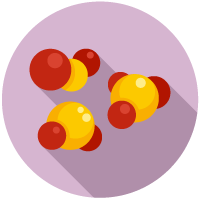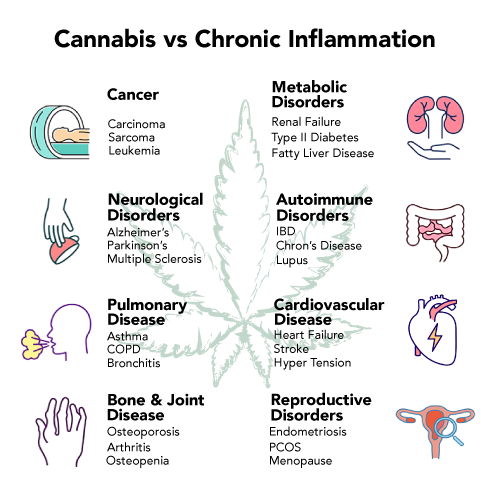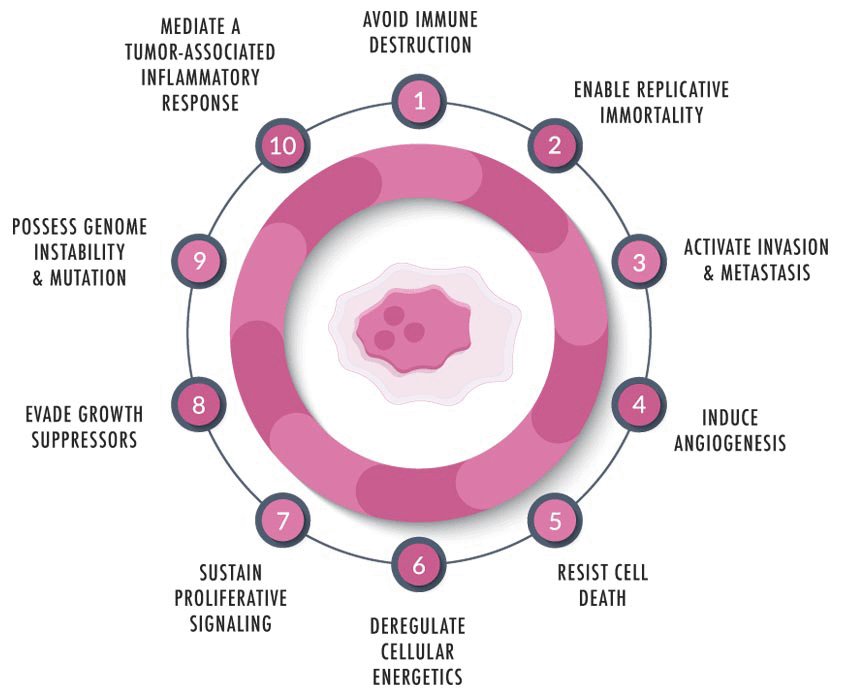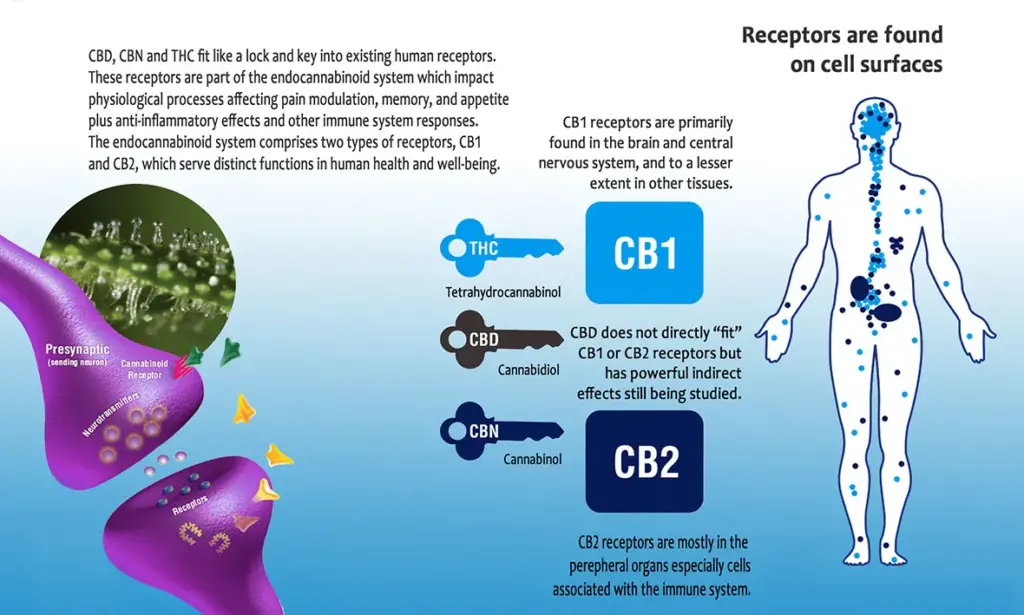ECS

What is the Endocannabinoid System?
Your internal balancing system
The Miracle of Cannabis
Nature's Key to Balance and Wellness in the Human Body
Three Components

Endocannabinoids (Keys)
The protein compounds that your own body makes endogenously are called Anandamide (AEA), & 2-AG. These cannabinoids ‘assist’ other neurotransmitter signaling systems such as dopamine and serotonin to do their jobs more effectively.
Endocannabinoids are created ‘on demand’ to direct communication within other messenger signaling systems to respond to stress. The internal endocannabinoids ( AEA & 2-AG) travel backwards, or retrograde, to correct imbalances between cells, synapses, and systems.

Receptors (Locks)
The locks where the (Endocannabinoids - keys) enter. Endocannabinoids (Keys - Anandamide and 2AG) activate these Receptors (Locks) named CB1 & CB2. Activating the receptors control many functions within the cell to restore balance.
These receptors are upregulated or increased when the body is in distress. With injury or illness, the body creates receptors to seek its own endocannabinoids to restore balance, auto correcting imbalance..

Enzymes (FAAH & MAGL)
Created to synthesize and degrade the endocannabinoids after they are used. Enzymes take care of the digestion and excretion of used up endocannabinoid messengers that are not needed any longer in our bodies. CBD inhibits FAAH, allowing us to keep circulating our own Anandamide. FAAH & MAGL do not degrade THC or Cannabis plant compounds. Plant nutrients are metabolized and excreted through normal digestion.
Research Examples:
Examples of how the Endocannabinoid System works
Fight or Flight Response

Inflammatory Response

Cell Life Cycle Response

Cannabinoids Mimic the Endocannabinoids

Clinical Endocannabinoid Deficiency
Optimizing the Endocannabinoid System: Key to Health & Disease Prevention
Endocannabinoid system deficiency becomes a clinical syndrome when the body is unable to auto correct, and errors in signaling systems accumulate. Chronic pain conditions, fibromyalgia, irritable bowel syndrome, migraine, and other refractory conditions can be attributed to clinical ECS deficiency.
Scientists at the National Institute of Health (NIH) stated in 2003 that the ECS is involved in all disease processes, and the ECS may be the most important system in our body because it regulates all our other organ systems and messenger signaling systems. It makes sense to learn to care for that system as a means of disease prevention, and to improve outcomes with other conventional therapies.
Supporting our ECS with Medical Cannabis
How CBD & THC Mimic Body's Natural Keys
Cannabinoids found in the cannabis plant (CBD & THC) ‘mimic’ the endocannabinoids that your body makes (anandamide and 2AG). Supplementing with products such as Bloom Hemp CBD can boost your own endocannabinoid system in many ways. If you are not making enough of your own anandamide you can supplement with CBD rich formulations to help you produce and circulate your own endocannabinoids through your body. Phytocannabinoids (cannabis molecules i.e. CBD & THC) become the ‘keys’ needed to bind with your receptors (locks) and correct imbalanced signals between your cells, nerves and systems. It is like getting a new set of keys, you can substitute for the ones you lost or just don’t make anymore.



